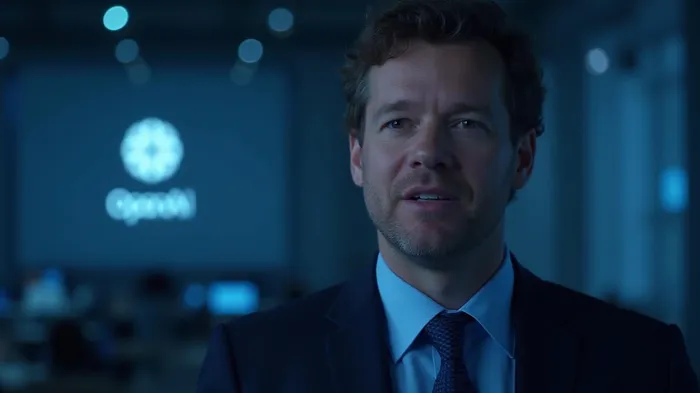OpenAI Abandons Full For-Profit Transition, Retains Non-Profit Control
OpenAI has decided to abandon its plan to fully transition into a for-profit company, opting instead to retain control under its non-profit organization. The company's business wing, which has been managed by the non-profit since 2019, will convert to a public benefit corporation (PBC). The non-profit will remain the major shareholder and retain control of operations. PBCsPBFS-- are for-profit companies legally required to prioritize their social mission alongside shareholder interests.
Bret Taylor, chairman of the board of directors, stated, "OpenAI was founded as a non-profit organization, and today it is under its oversight and control. And it will remain so from now on." This decision comes after OpenAI engaged in discussions with civic leaders and the offices of the Delaware and California Attorney Generals. Taylor expressed gratitude for these conversations, emphasizing the importance of continuing them to ensure OpenAI can fulfill its mission effectively.
OpenAI was initially founded as a non-profit in 2015 but converted to a "limited profit" company in 2019 to raise capital. The firm has retained its non-profit wing, which currently holds a majority stake in the corporate division. Elon Musk, a co-founder of OpenAI, has disagreed with this decision and filed a lawsuit against the company. The lawsuit alleges that OpenAI and its founders, Sam Altman and Greg Brockman, violated the founding agreement by prioritizing commercial interests over the public good. Musk sought a preliminary injunction to halt OpenAI's transformation, but a federal judge denied this motion, allowing the case to proceed to a jury trial in the spring of 2026.
Musk's lawyer, Marc Toberoff, stated that OpenAI's decision to partially abandon its restructuring plan "changes nothing" and that the legal campaign against the startup will continue. Toberoff argued that OpenAI's revised plan is a ploy to avoid legal scrutiny and still contradicts the company's founding mission to develop AI for the benefit of all humans. He asserted that charitable assets have been and will continue to be transferred for the benefit of individuals, including Altman, his investors, and MicrosoftMSFT--.
The transformation issue is critical for OpenAI, as it raised capital with the condition that it become commercial by December 31, 2025. With the proposed structureGPCR--, SoftBank is poised to make a $30 billion investment in the recently announced funding round, according to Altman. In a letter to employees, Altman mentioned that OpenAI may need "trillions of dollars" to achieve its goal of making its products widely available to all of humanity. The non-profit organization will become a major shareholder of the PBC to the extent confirmed by independent financial advisors, moving to a normal capital structure where everyone has shares. Altman expressed eagerness to develop the details of the plan in further discussions with Microsoft and the newly appointed nonprofit commissioners.
Microsoft, OpenAI's largest investor, has not authorized the conversion. The corporation wants to ensure that any changes protect its investment, and the two companies are still discussing the details of the transaction. Microsoft's approval is crucial, as only OpenAI insiders, Bill Gates' firm, and other early investors have a direct vote in approving the restructuring.

Quickly understand the history and background of various well-known coins
Latest Articles
Stay ahead of the market.
Get curated U.S. market news, insights and key dates delivered to your inbox.



Comments
No comments yet